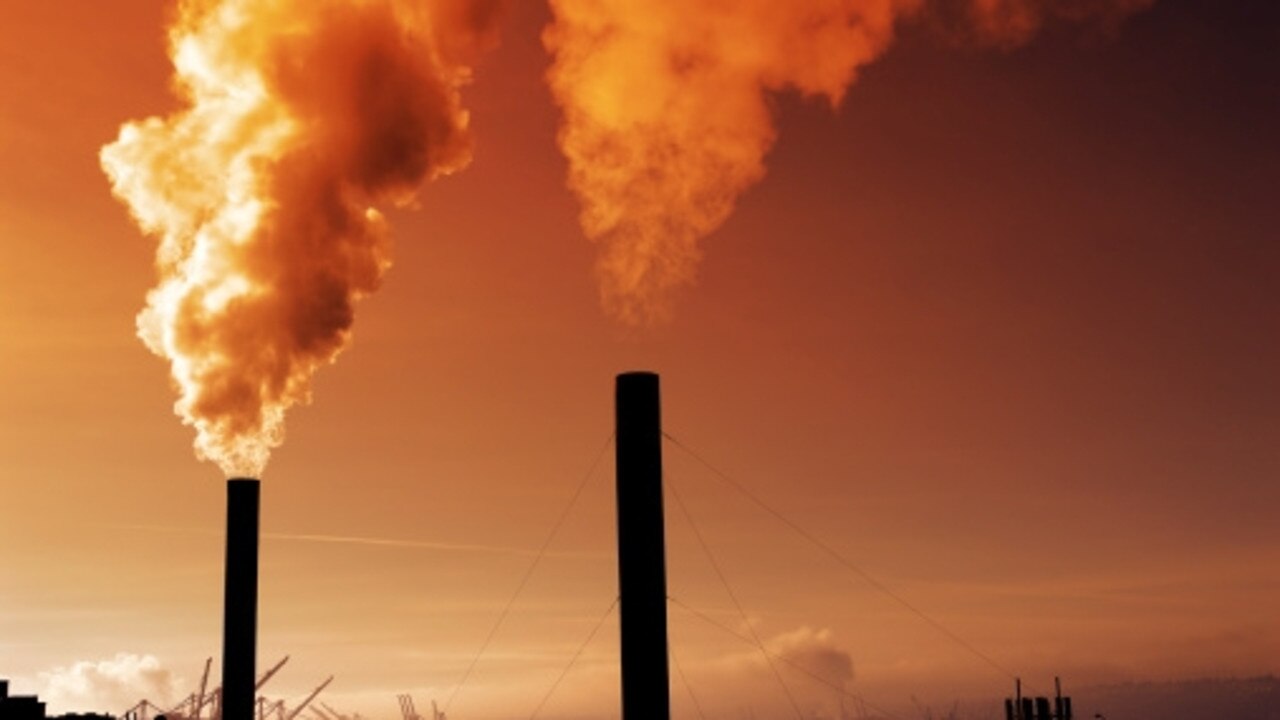Woolworths and Coles to phase out plastic shopping bags
Shoppers at Woolworths and Coles will be forking out at least 15 cents per plastic bag when buying groceries next year.

A case of virtue signalling, or a sincere attempt by retailers to reduce the billions of plastic bags thrown out each year by Australian consumers?
This is the question shoppers at leading supermarket chains Woolworths and Coles might be asking themselves from next year when they are forced to fork out at least 15 cents a plastic bag when buying their groceries.
In what quickly became a press-release race between the supermarket majors, Woolworths announced shortly before 1pm yesterday that it would scrap free plastic bags at all its stores. Less than three hours later, Coles announced the same decision.
Both supermarket giants argued they had been working on their announcement for months.
It means that from next July, shoppers at Coles or Woolworths better go equipped with their own canvas bags or some spare change to buy from a range of bags starting at 15c for a cheap plastic bag to $2.49 for a fabric chill bag at Woolworths.
Woolworths said it was the “right thing to do’’, as it takes an environmental stand. Customers at Woolworths, its related Big W and BWS liquor stores and online will have to pay for bags in states that have not already passed legislation in this space — NSW, Victoria and Western Australia.
South Australia, the Northern Territory, the ACT and Tasmania are already single-use lightweight plastic shopping bag-free, with Queensland legislated to join in the middle of next year.
“We feel this is an issue we need to take a stand on,’’ said Woolworths chief executive Brad Banducci.
“We currently give out more than 3.2 billion lightweight plastic bags a year and hence can play a significant role in reducing overall plastic bag usage. Today’s commitment shows we are committed to taking our environmental and community responsibilities seriously.”
It was much the same at Coles, where boss John Durkan said the chain had been talking to customers, “exploring options for a sustainable, low-cost solution to help them get their shopping done’’.
The plastic bag ban comes despite an inquiry called by the federal government 10 years ago that revealed less than 0.2 per cent of landfill was made up of thrown-out plastic bags and that penalising people by charging them for bags was an uneconomic and weak way to reduce litter.
The inquiry by the Productivity Commission, released in 2006, found the case to phase out plastic bags was “particularly weak’’, with the policy of charging money for plastic bags similarly unsound.
A spokeswoman for Greenpeace Australia Pacific welcomed the decision by the supermarkets but added: “It’s time for us to ban the bag at every level.”
She declined to comment on the findings of the Productivity Commission that debunked many of the myths around plastic bags and the environment.





To join the conversation, please log in. Don't have an account? Register
Join the conversation, you are commenting as Logout